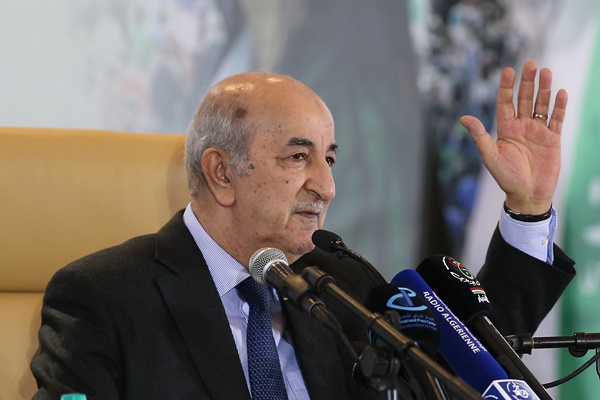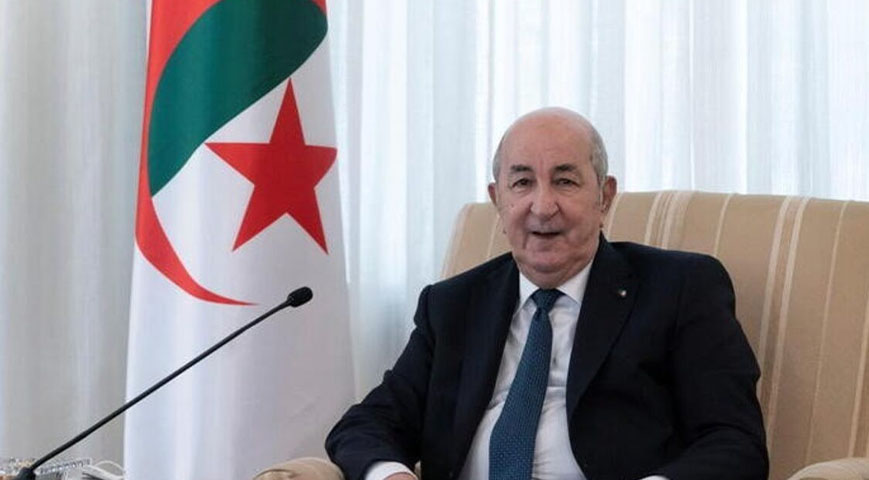Algerian President Abdulmadjid Tebboune has been declared the winner of the recent presidential election, securing 95% of the vote, according to official results.
However, his primary challenger, Abdelaali Hassani Cherif, has questioned the election's legitimacy, accusing officials of manipulating the results with a turnout of only 48%. Fewer than half of registered voters participated, reflecting low public engagement.

Hassani Cherif, who received 3% of the vote, and fellow candidate Youcef Aouchiche (2%) claimed irregular vote counting and alleged pressure on polling officials to inflate results.
Hassani Cherif's campaign voiced concerns about proxy voting and the lack of transparency in the election process. Despite these allegations, Algeria's electoral commission maintained that the election was fair and transparent.

Tebboune, backed by the military, faced only nominal opposition, and both candidates enjoyed some support from Algeria's elite.
Tebboune’s re-election suggests continuity in his administration’s economic policies, which have emphasized increased social spending, including higher unemployment benefits, pensions, and public housing programs, all supported by rising energy revenues.
His administration also focuses on strengthening the private sector to boost job creation despite unemployment exceeding 12% and inflation high.

Internationally, Tebboune has faced challenges, particularly with Algeria’s influence in the Sahel region and the less successful BRICS membership bid.
Algeria remains a vital energy supplier to Europe and a critical military power in North Africa, balancing its relations with the West and Russia. The low voter turnout reflects a continued gap between Algeria’s rulers and its people, with many expressing distrust in the political process.









